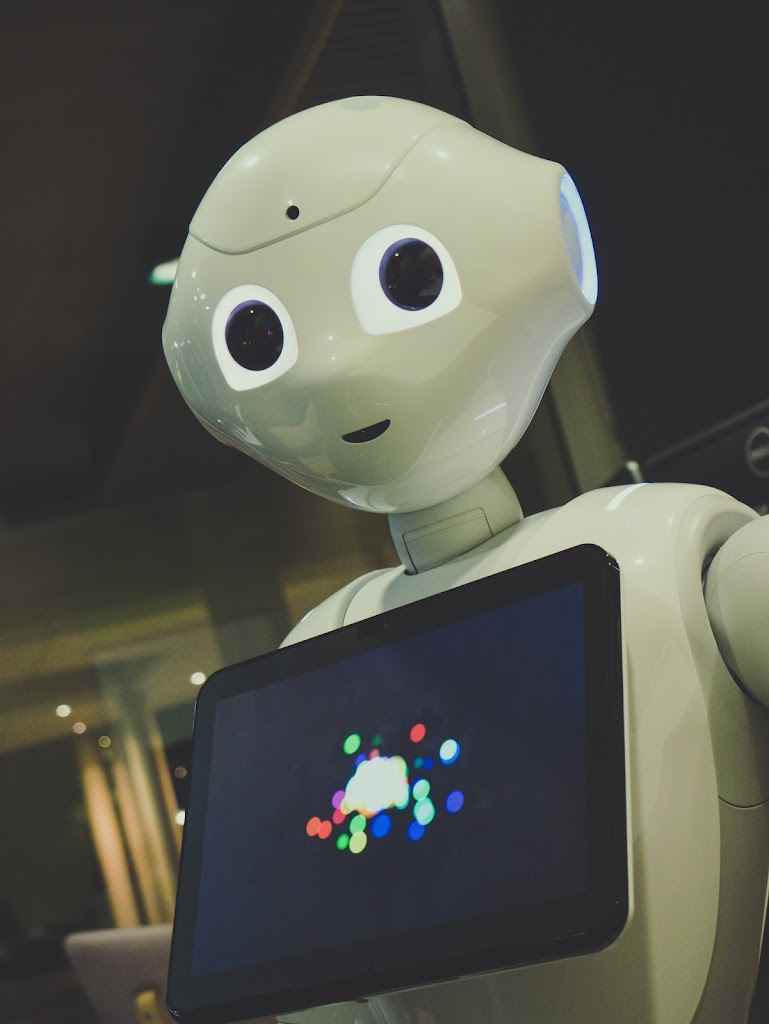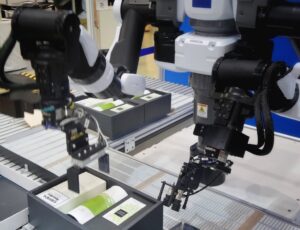Artificial Intelligence (AI) has emerged as one of the most transformative and influential technologies of our time. With advancements in computing power and data availability, AI is revolutionizing industries and reshaping the way we live and work. This article explores the rise of AI, its impact on various sectors, and the potential implications for our future.
Understanding Artificial Intelligence
Begin by explaining the concept of AI, defining it as the ability of machines to simulate human intelligence and perform tasks that typically require human cognition. Discuss key components like machine learning, deep learning, and neural networks.
AI in Everyday Life
Highlight the pervasiveness of AI in our daily lives, from voice assistants and recommendation systems to personalized advertisements and smart devices. Discuss how AI is making our lives more convenient and efficient.
AI in Healthcare
Explore the transformative potential of AI in healthcare, including disease diagnosis, medical imaging analysis, drug discovery, and personalized treatment plans. Discuss the benefits of AI-driven healthcare technologies in improving patient outcomes and reducing healthcare costs.
AI in Finance
Explain how AI is revolutionizing the financial industry, from algorithmic trading and fraud detection to personalized financial advice and risk assessment. Discuss the potential for AI to enhance accuracy, efficiency, and customer experience in financial services.
AI in Manufacturing and Automation
Discuss the impact of AI on manufacturing processes, including robotics, predictive maintenance, and supply chain optimization. Explore how AI is driving automation, increasing productivity, and enabling the development of smart factories.
AI in Transportation and Autonomous Vehicles
Examine the role of AI in transforming transportation, including self-driving cars, traffic management systems, and logistics optimization. Discuss the potential for safer, more efficient, and sustainable transportation systems.
Ethical Considerations and Challenges
Address the ethical considerations surrounding AI, such as privacy, bias, job displacement, and accountability. Discuss the need for responsible AI development and regulation to ensure fairness, transparency, and societal benefits.
Future Implications and Opportunities
Explore the potential future advancements in AI, such as the Internet of Things (IoT) integration, augmented reality, and human-machine collaboration. Discuss the opportunities and challenges that lie ahead as AI continues to evolve.
Conclusion
Summarize the transformative impact of AI across industries and its potential to shape our future. Emphasize the importance of responsible AI development, ethical considerations, and the need for collaboration between technology experts, policymakers, and society as a whole to harness the full potential of AI while mitigating risks.












